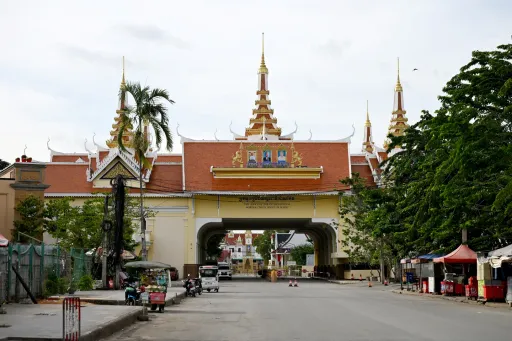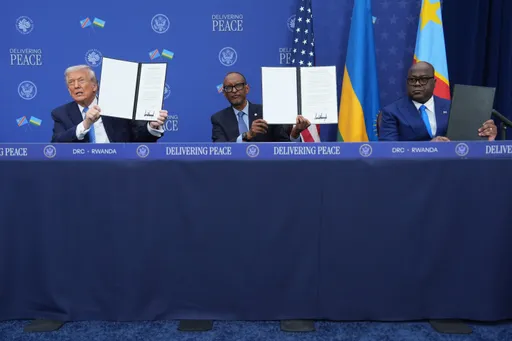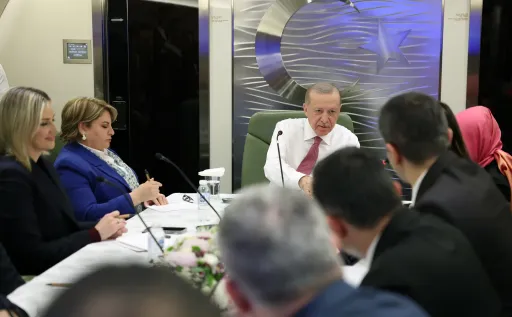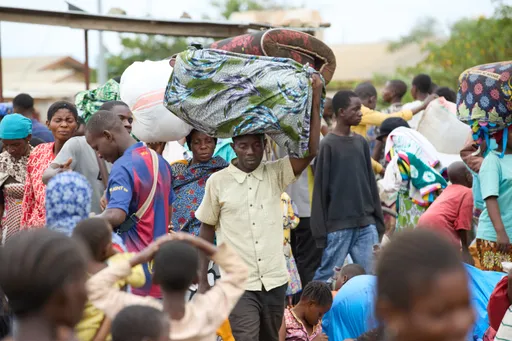By Sophie Küspert-Rakotondrainy
“The Mao are losing their language!” This is a statement I have heard many times from researchers and politicians in Western Ethiopia.
When I ask them what they mean, they usually refer to the language shift among minority communities like Mao in favour of the 'lingua franca' in the area, the Oromo language.
The use of language, and the decision to speak a certain language, is a reaction to opportunities and restrictions that individuals are confronted with in their daily lives.
In many situations, the Mao languages are considered inferior and stigmatised. Speaking these languages reinforces their speakers’ experiences of exclusion. However, we cannot assume that individuals automatically experience not using a certain language as a “loss”.
Instead, it is crucial to consider the wider context of language shift, to investigate the question of social hierarchies, and investigate how individuals evaluate or value the different languages.
Blanket category
Mao people are considered a small Ethiopian ethnic group (nationality), estimated to be more than 43,500 people living in several neighbouring districts of the Western Welega Zone of Oromia Regional State and in the southern part of the Benishangul Gumuz Regional State.
People who are blanketed under the category “Mao” speak as many as six different languages, while the various communities also have contrasting lifestyles, exercise different cultural expressions and occupy a variety of social positions.
The latter means that some Mao are considered prestigious whereas others may be severely marginalised.
Their social position depends on how 'Maoness' is interpreted in the light of their other characteristics, such as ancestral prestige, socio-economic status and racial features.
In some areas in the Benishangul Gumuz Regional State, Mao is a politically recognised category with privileges attached to it, while it is not recognised in the Oromia Regional State.
As people navigate these multiple registers of hierarchy, individuals construct their Mao identity differently and judge the “content” of Maoness in contrasting ways.
During my work and field research in Western Ethiopia since 2017, I have witnessed how children from parents who speak one or several Mao languages increasingly use the lingua franca, i.e., Oromo, to communicate, a finding backed up by linguistic research.
Fluid identity
In particular, families in less rural areas who send their children to school tend to have less language competency in non-Oromo languages.
However, since “being Mao” and exercising Maoness is so diverse for individuals who have different backgrounds and live in different territories, the claim that they are “losing their language” and with this, their “identity” is, at best, an oversimplification.
There is no one sole or unique interpretation of what Mao means, and there is more than one Mao language.
As identities are fluid, situation-bound and socially negotiated and negotiable, they are not something that can be “lost and found”.
Although language is often an important element of individuals’ sense of belonging, this does not mean that they need to speak a specific language fluently.
Hence, the meaning of “language loss” exceeds the linguistically measurable elements of communication.
Mao individuals or communities do not necessarily “lose” their Maoness (Mao identity) when they decide to speak a language different from that of their parents, or a language which outsiders believe should be “appropriate” for them.
Some Mao communities have never spoken a Mao language, or they speak a language that previous generations did not call “Mao”.
With the likes of prominent linguist Salikoko Mufwene, we cannot determine for someone else what their language “should” be and how they are supposed to sustain their “identity”.
It is problematic to assume that Mao people “lose” something if they speak one or another language, as this may be grounded in a sense of nostalgia for a state assumed to be “authentic” or “traditional” and, thus, not allowing minorities – and particularly people categorised as “indigenous” – to change.
Ridicule and intimidation
Instead, we need to zoom out from the specificity of language loss to look at the wider context of marginalisation and exclusion and with this explore the linguistic hierarchies in the area.
We cannot discuss language shift without talking about stigma attached to various smaller languages, and why some individuals may consciously or unconsciously choose to speak a language with more reputation.
In most situations, Mao languages are not considered as prestigious as the Oromo language.
The marginalisation of some communities and their vulnerable position in society is strengthened by them being categorised as Mao.
Distancing oneself from the label Mao may therefore be an attempt to escape stigmatisation.
Indeed, individuals who speak non-Oromo languages in situations where Maoness is associated with charged ideas of “backwardness” may be ridiculed and intimidated by Oromo-speakers.
Individuals do not choose to use different languages for reasons disconnected from social hierarchies and based solely on “objective” or “rational” preferences.
On the contrary, no choice is free from values and power relations. But arguing that the Mao “lose” something if they seek to integrate into the majority society or simply speak a language they learned to speak in the majorly Oromo-speaking community where they grew up, does not do justice to their circumstances.
Individuals may speak a Mao language and not be stigmatised, and they may speak Oromo and experience discrimination.
Paying attention to hierarchies within and across various language communities may help us to understand the complex issue of inequality and language shift, rather than assuming that choosing not to use a certain language is a “loss”, implying a “loss of identity”.
The author, Sophie Küspert-Rakotondrainy, is a researcher at the Department of African Studies and Anthropology, University of Birmingham in the UK.
Disclaimer: The viewpoints expressed by the author do not necessarily reflect the opinions, viewpoints and editorial policies of TRT Afrika.
























